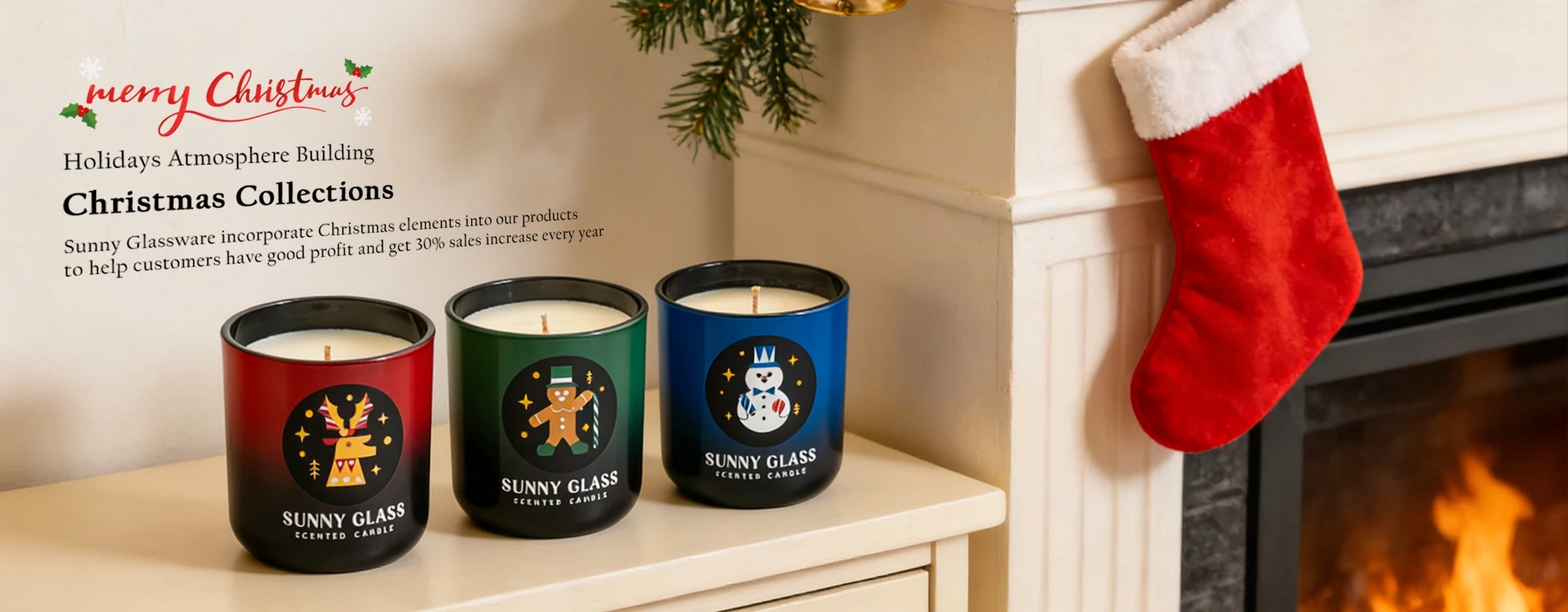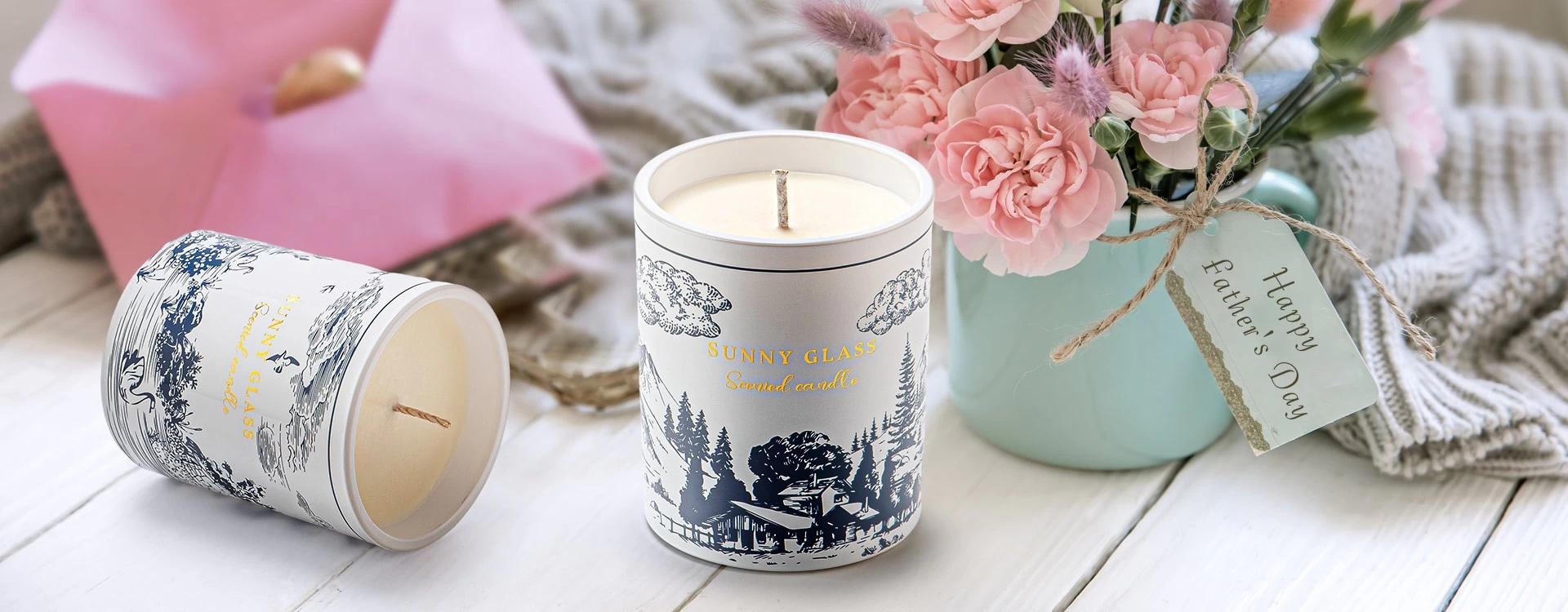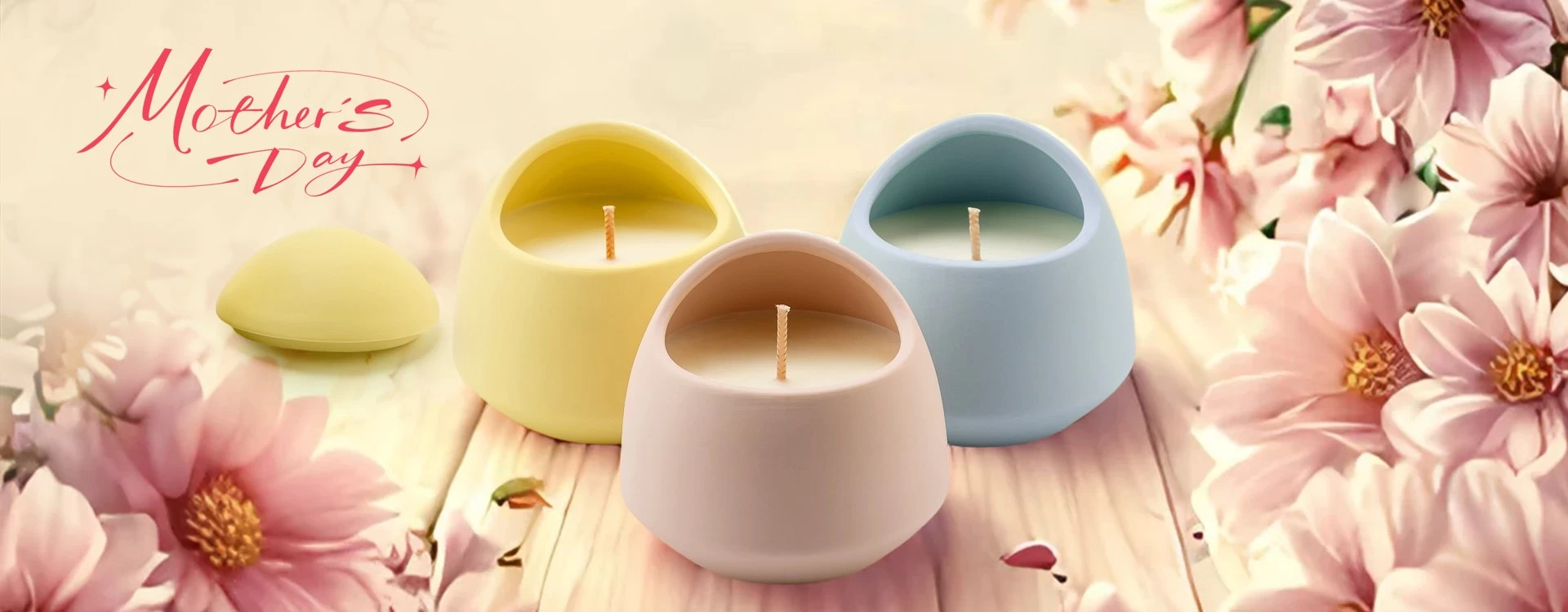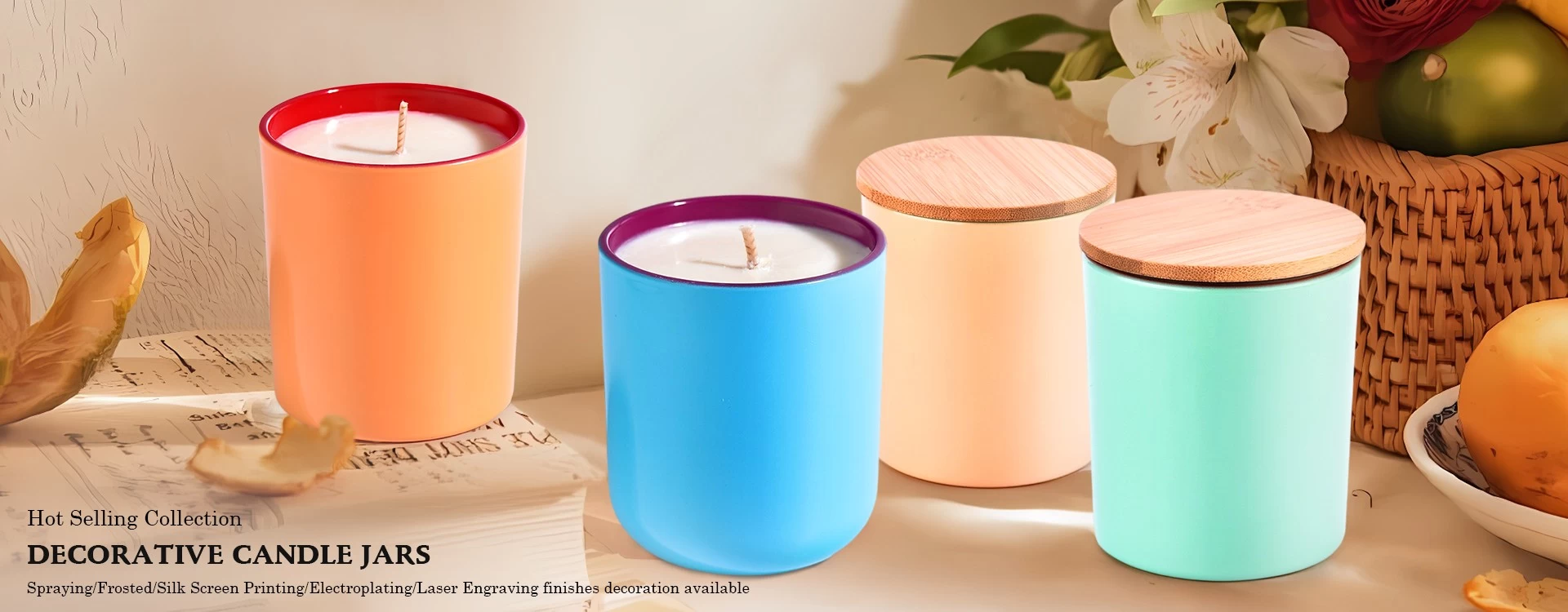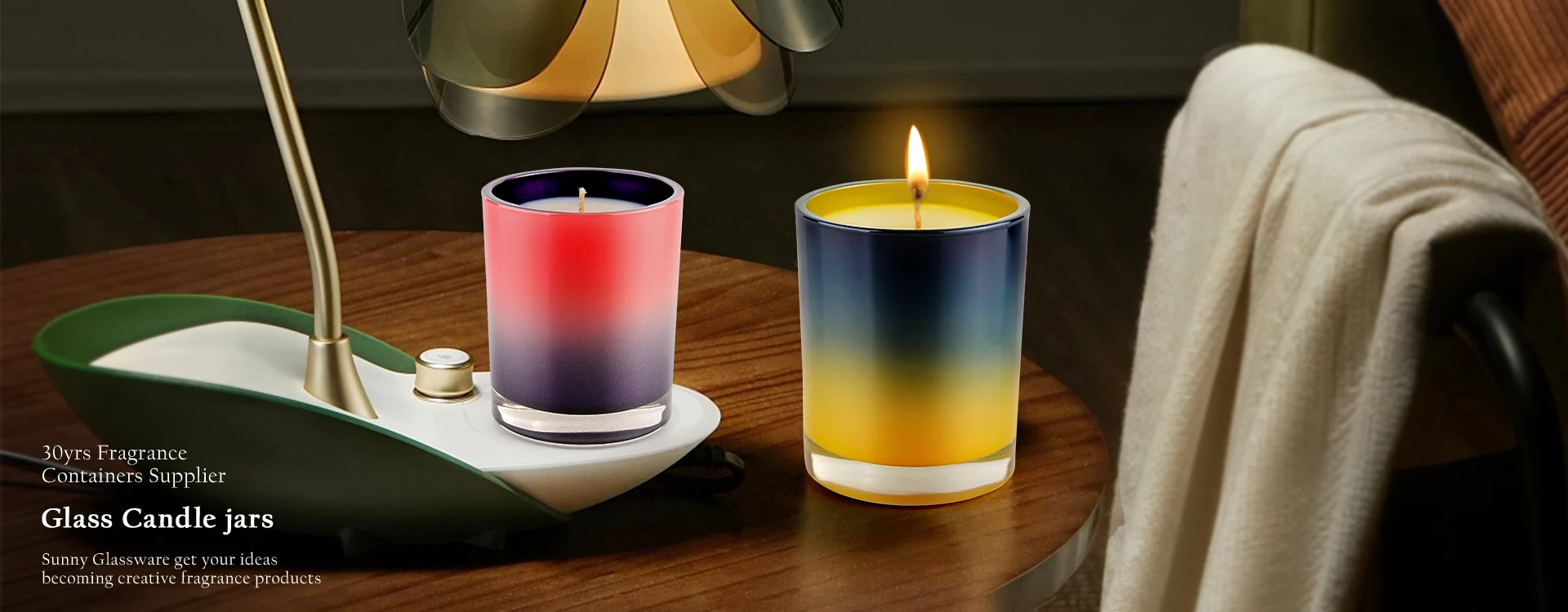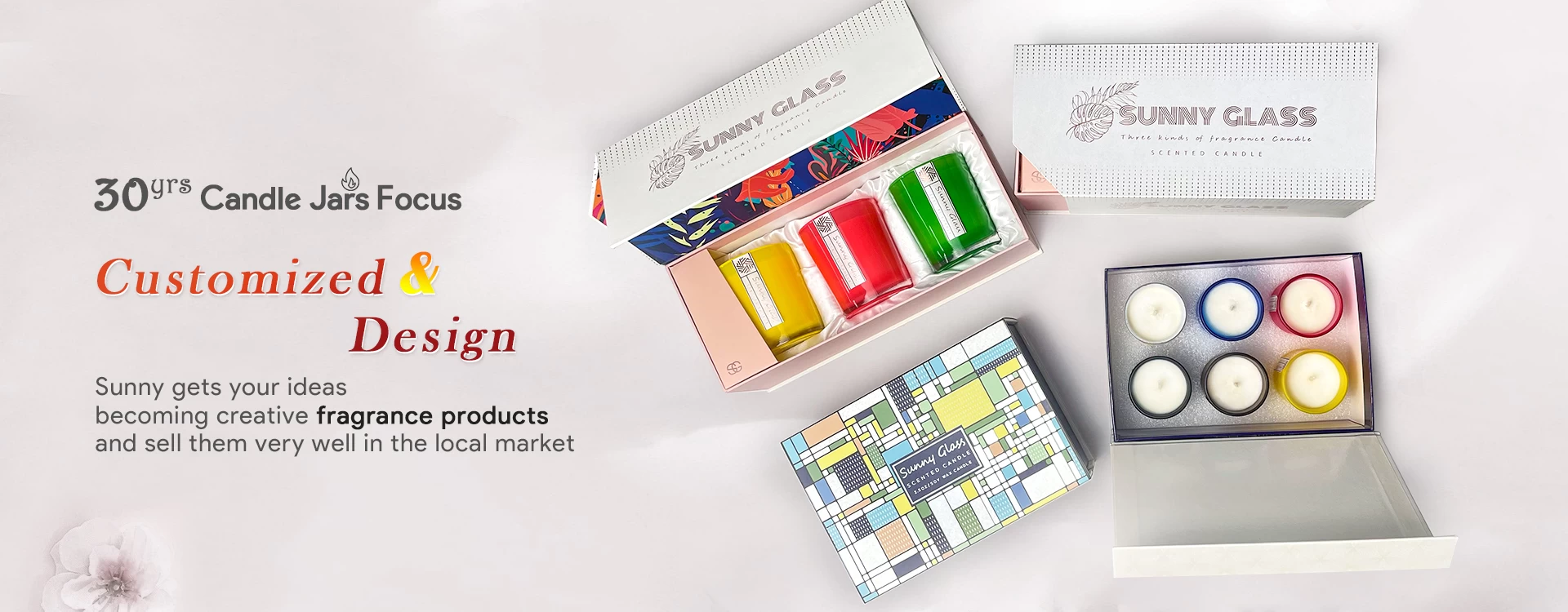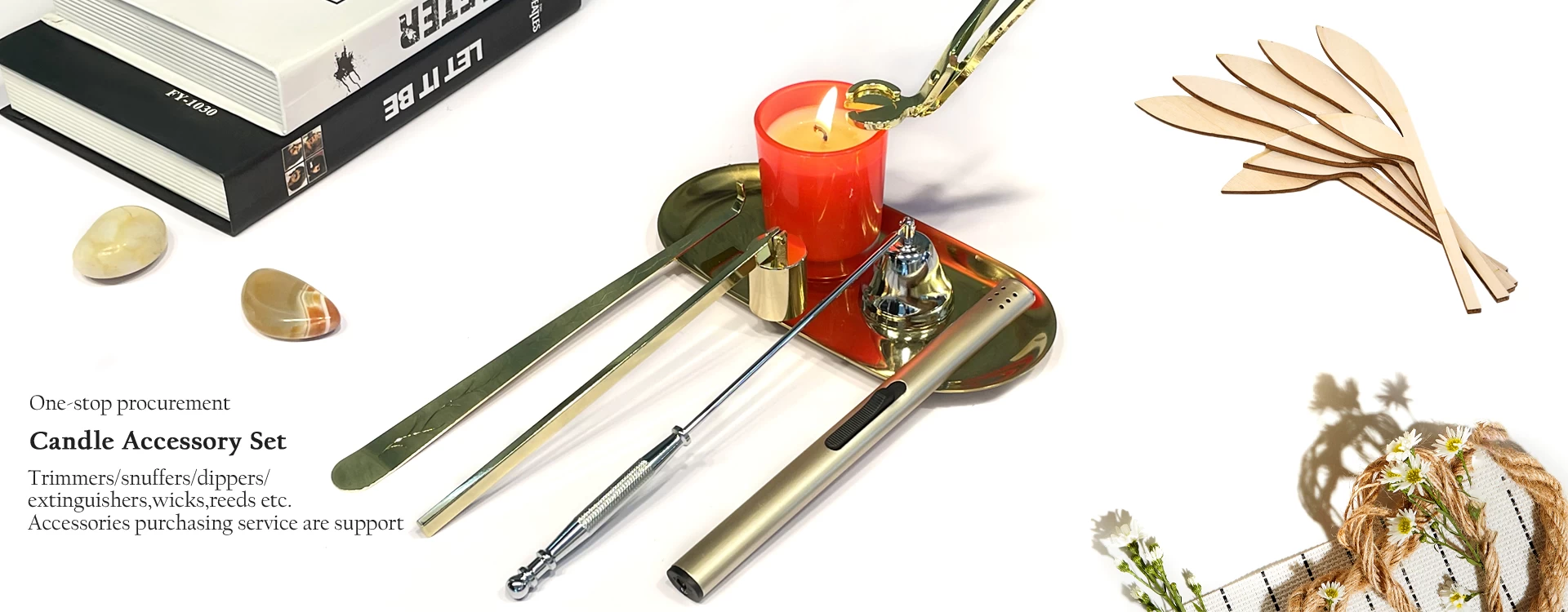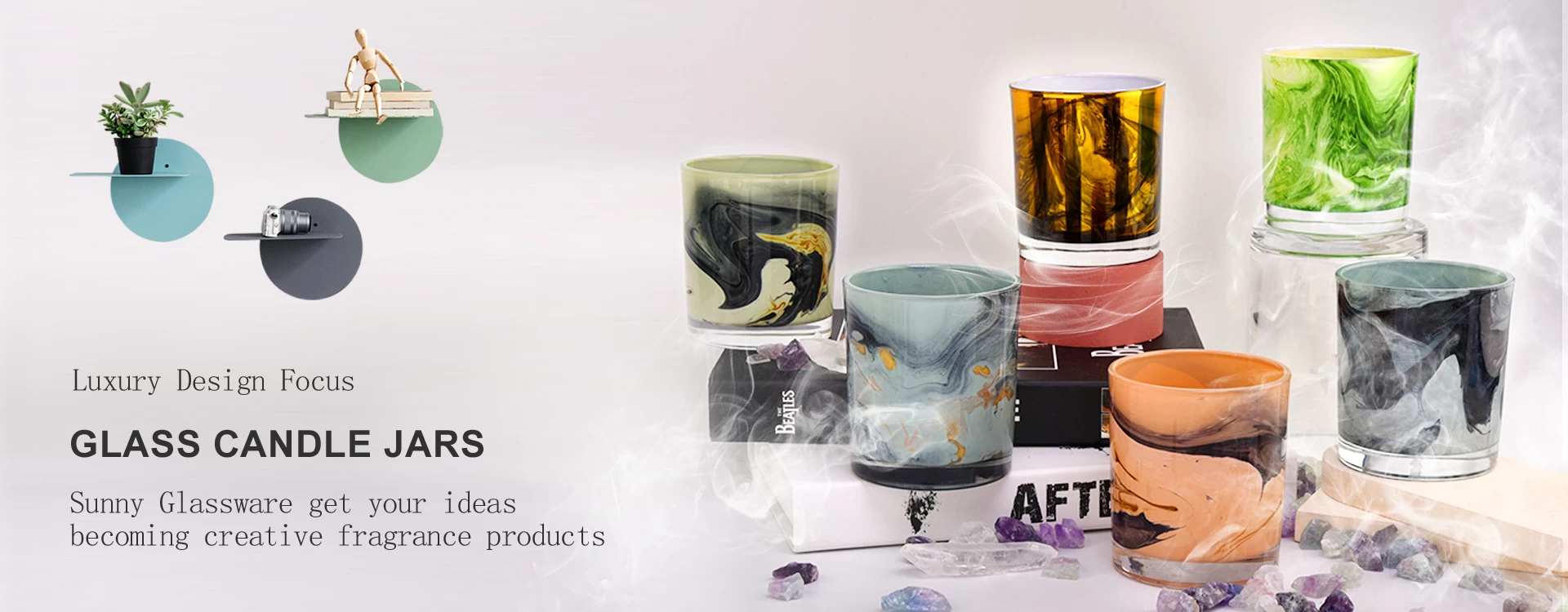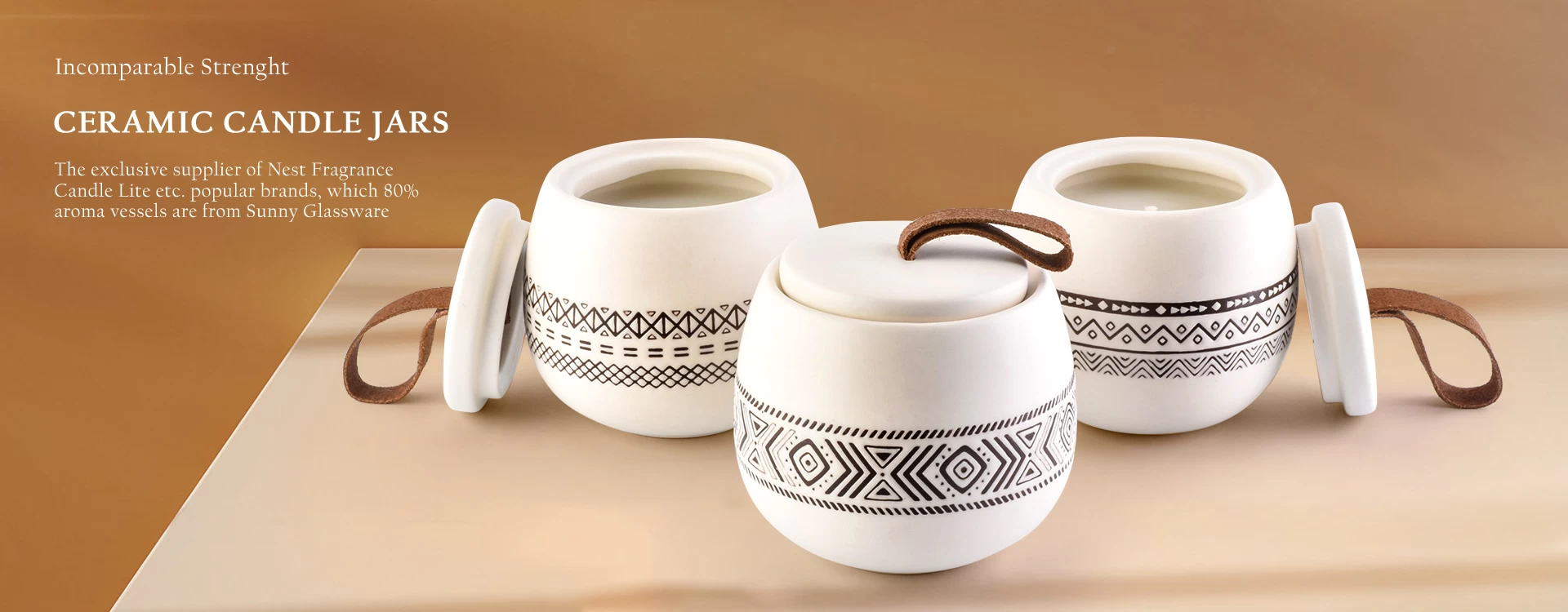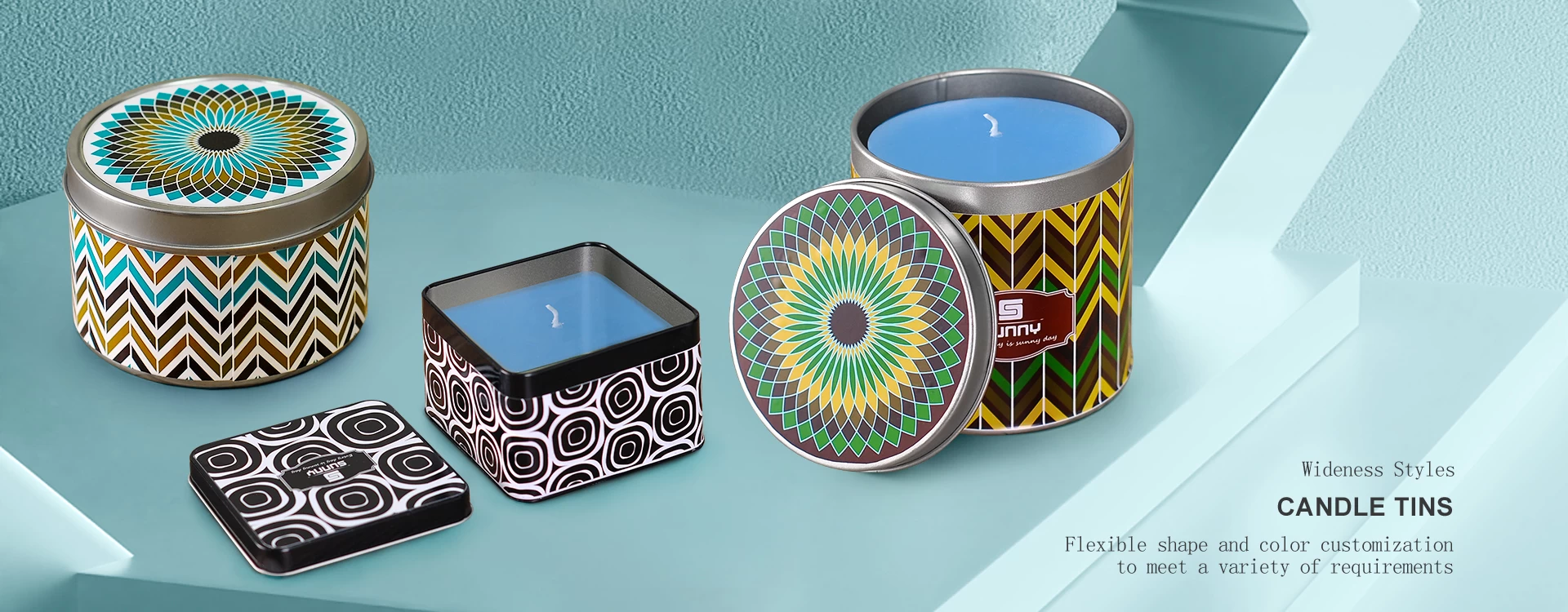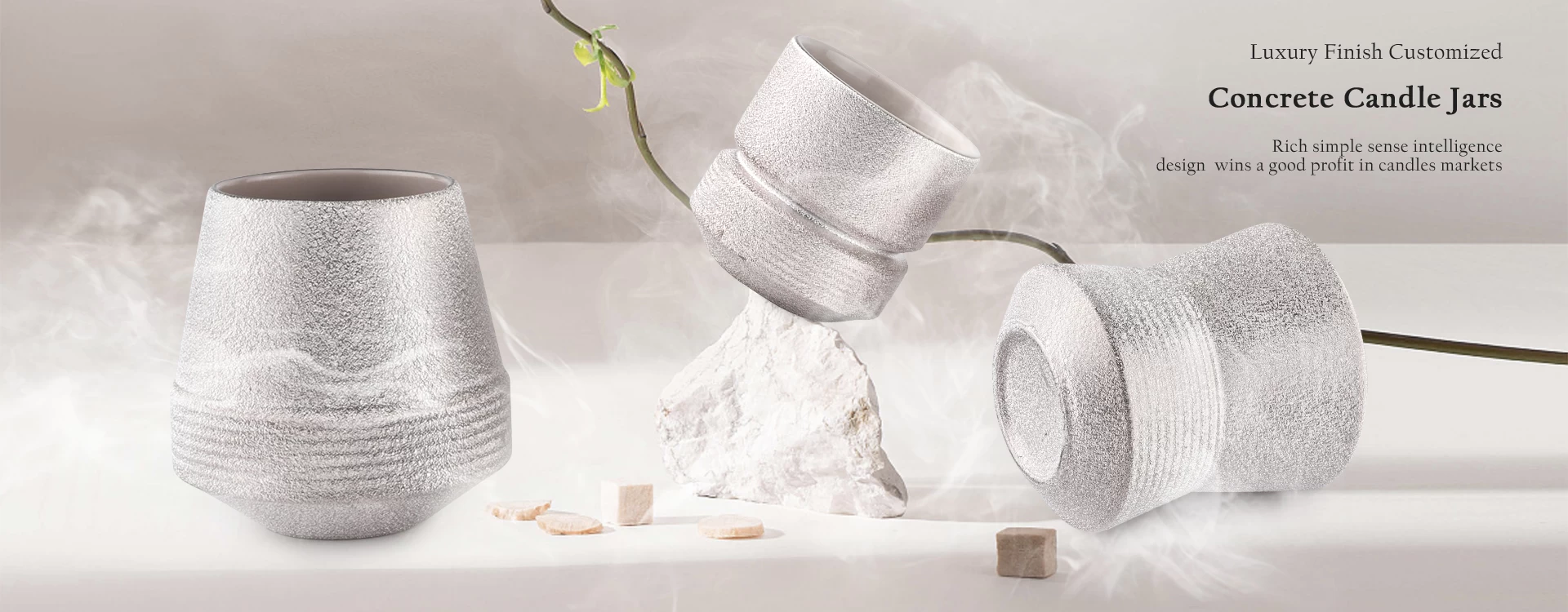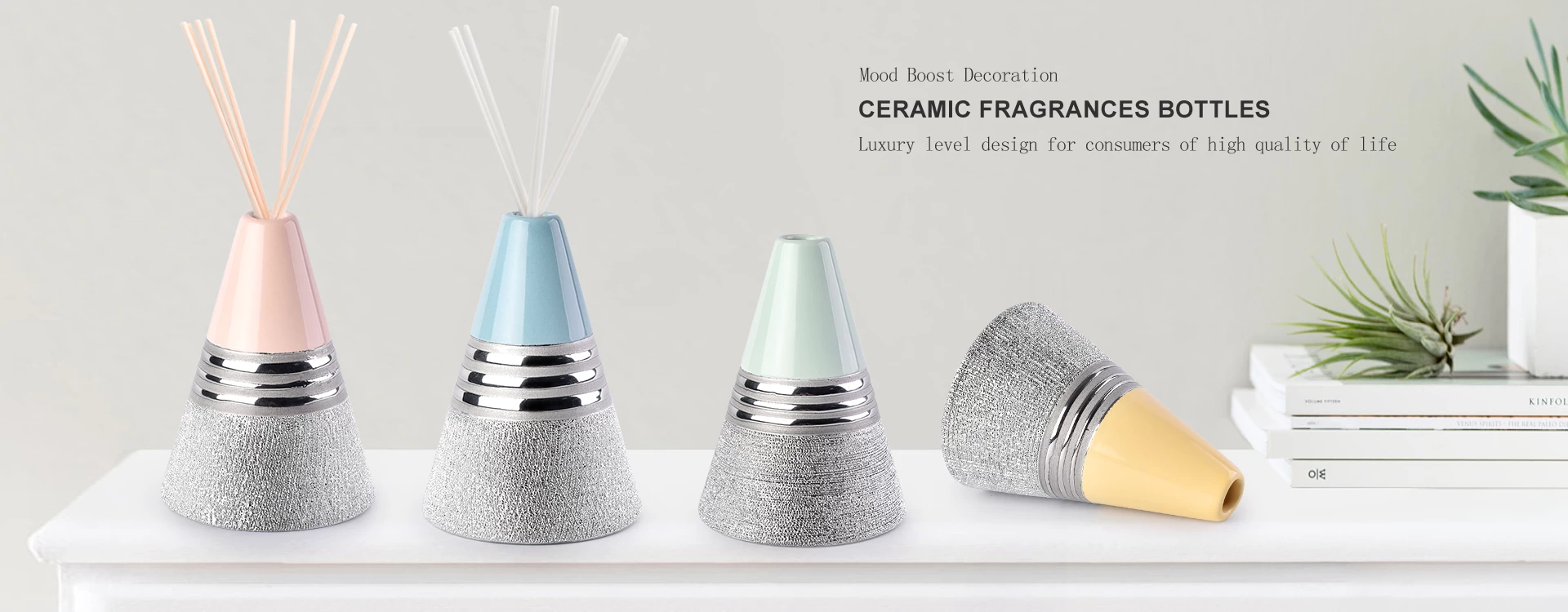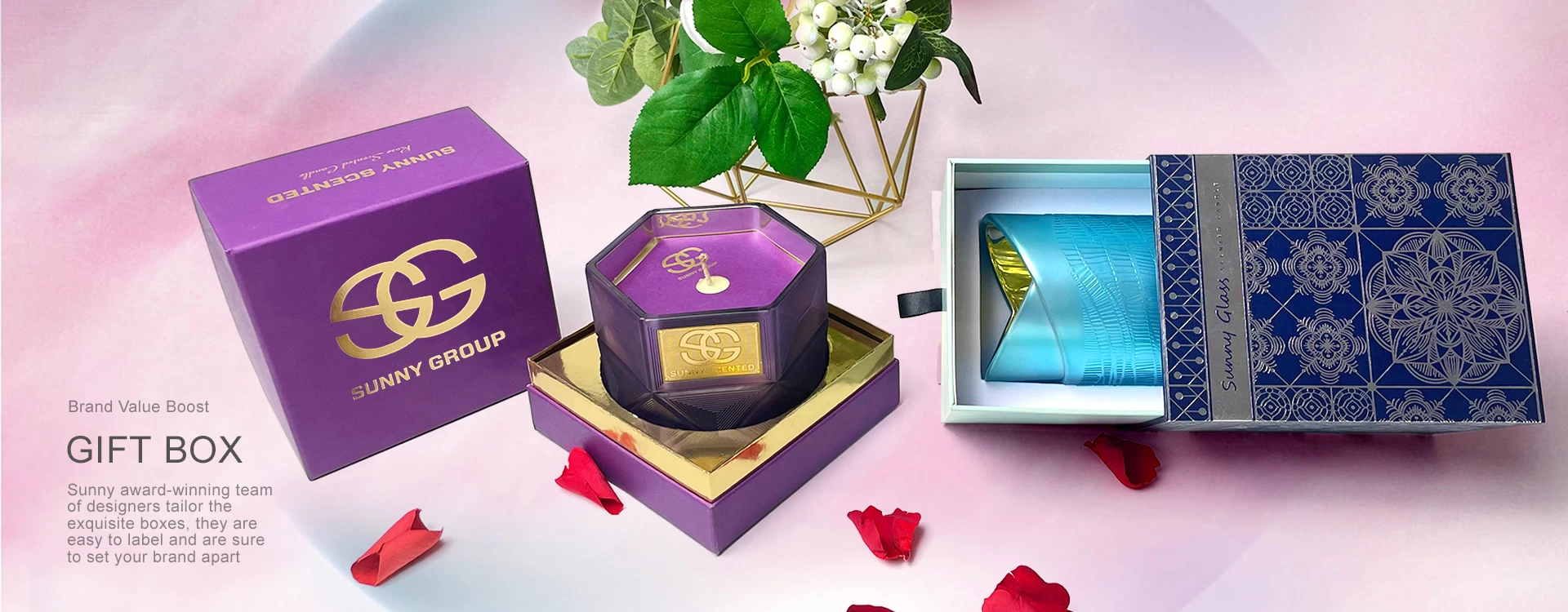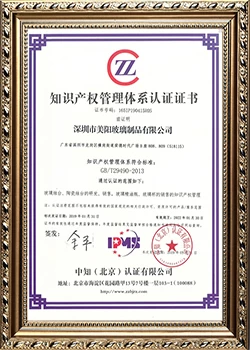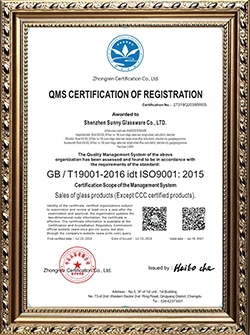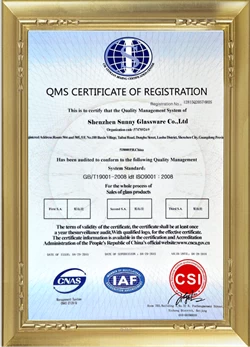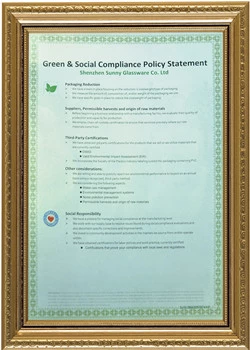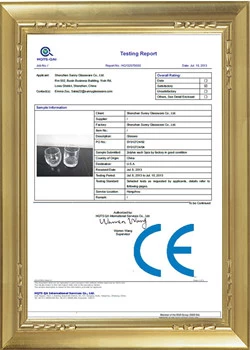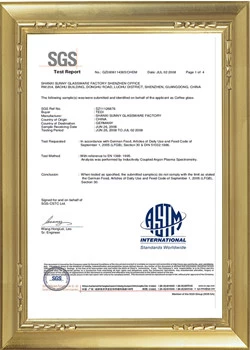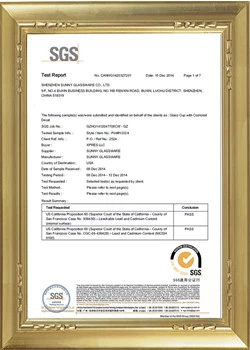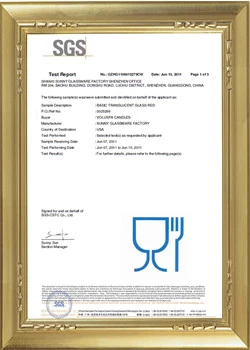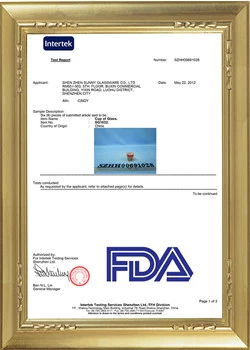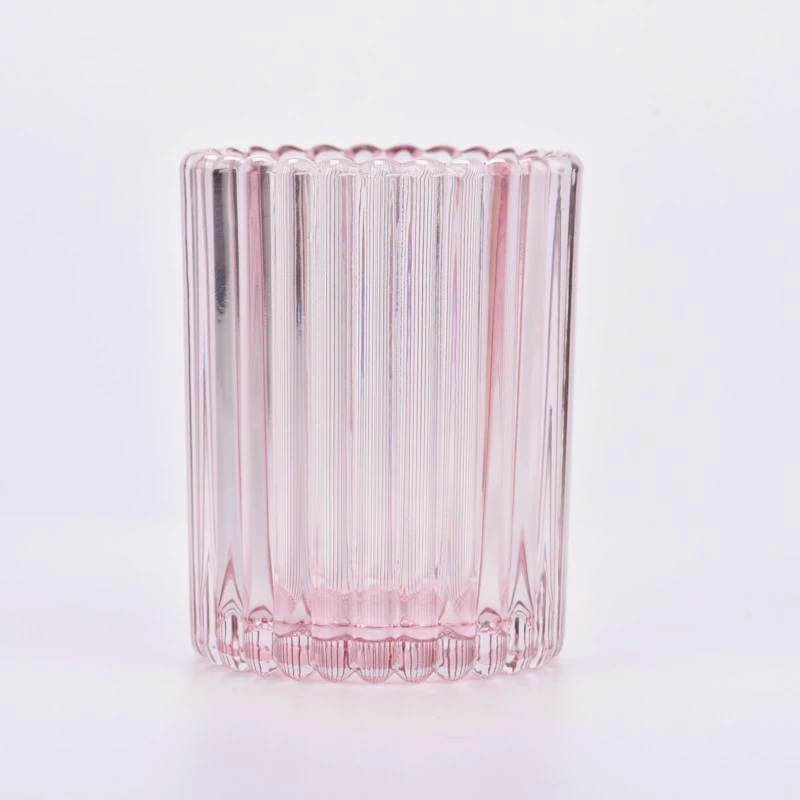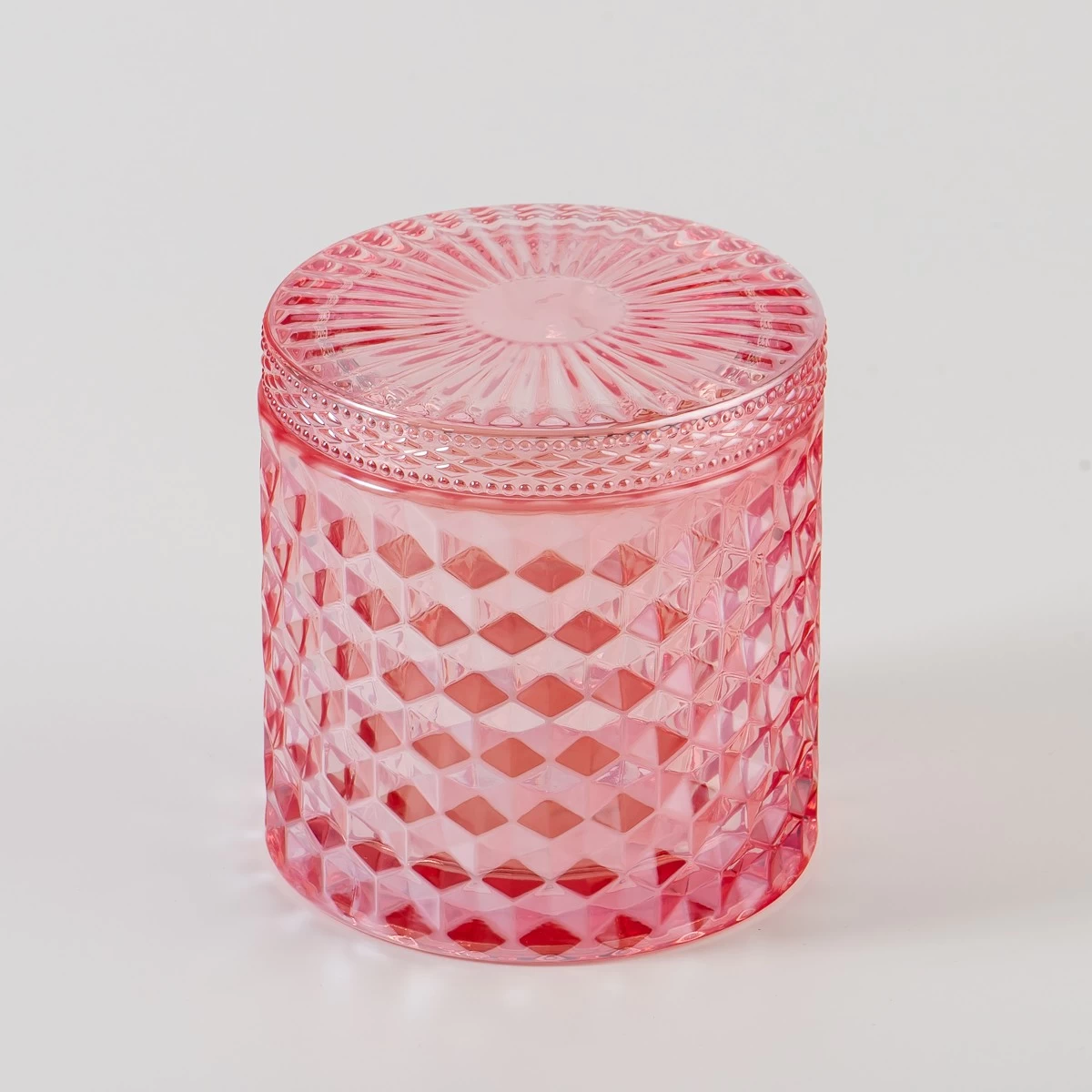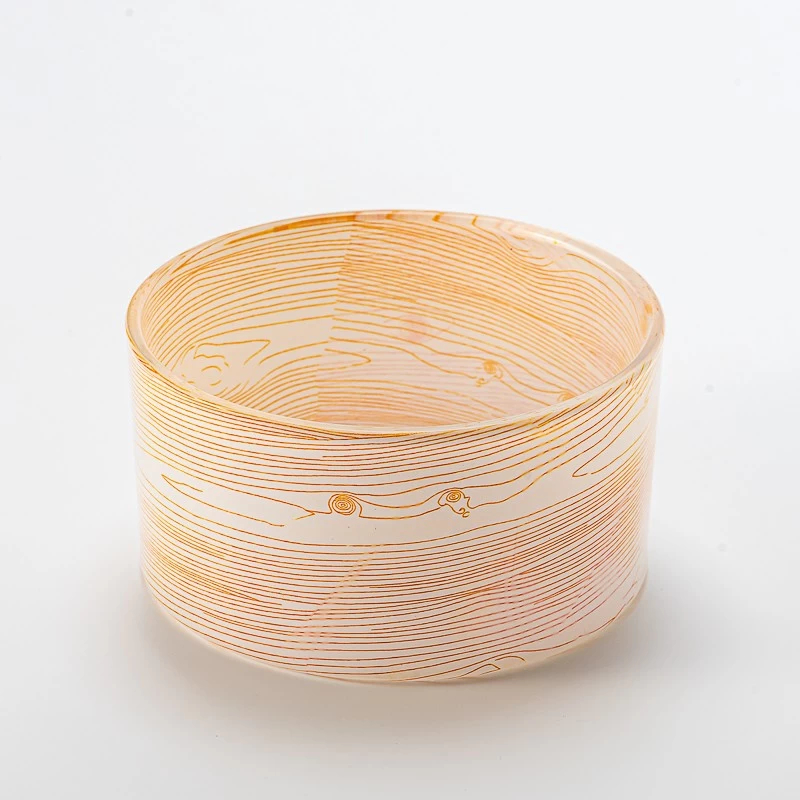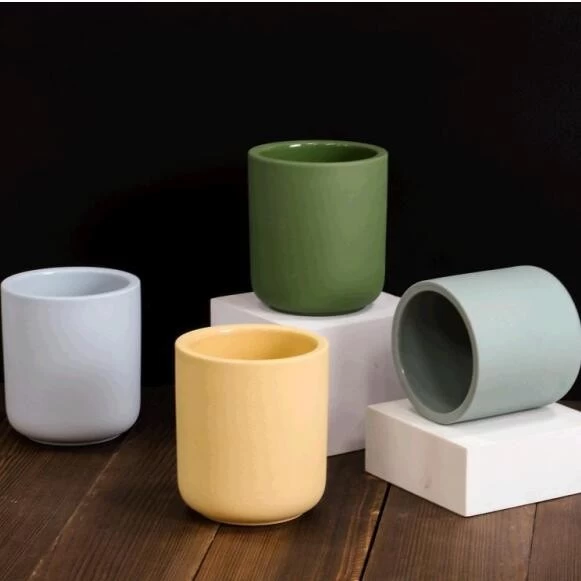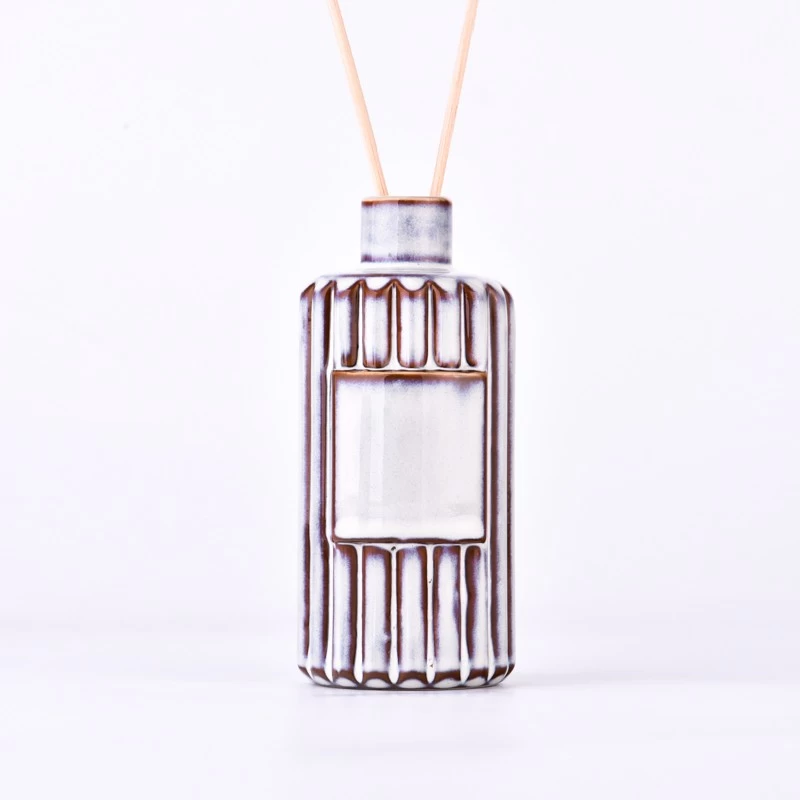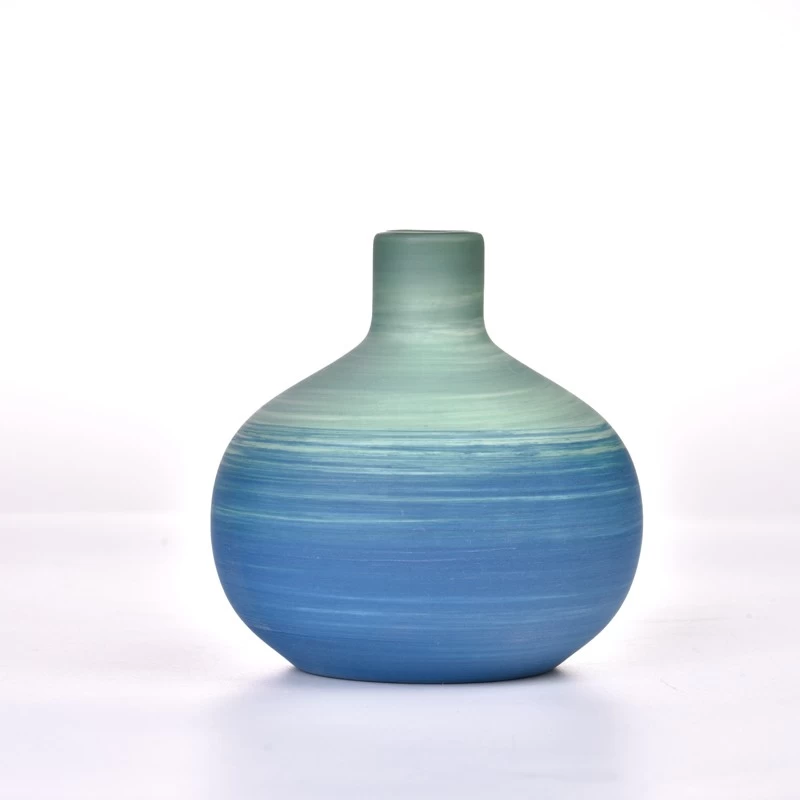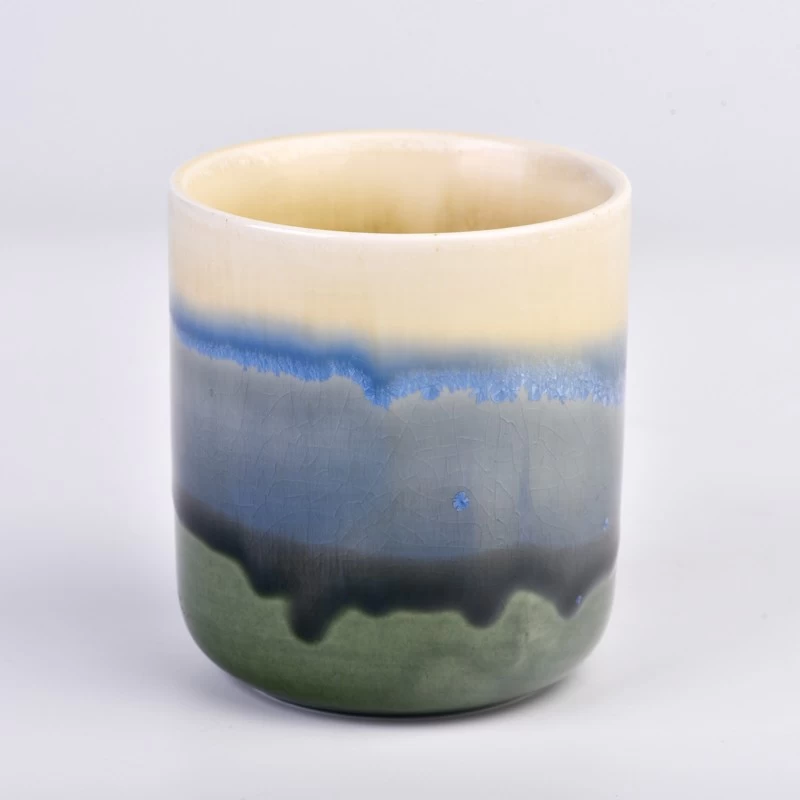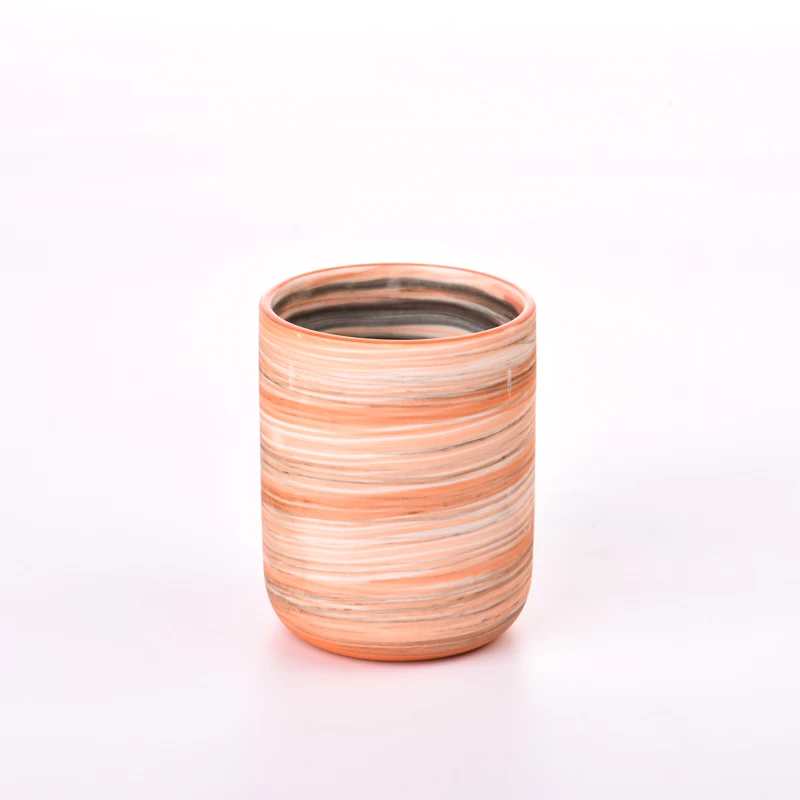Understand the Qingming Festival: Deciphering the Cultural Code of Chinese People in Springtime
Sunny Glassware Co., Ltd. is now according to The State Council's holiday notice for the Qingming Festival in 2025, combined with the actual situation of our company, the holiday arrangement for the Qingming Festival is as follows:
It will be closed on April 4 (Friday) for three days
Start on April 7th (Monday)
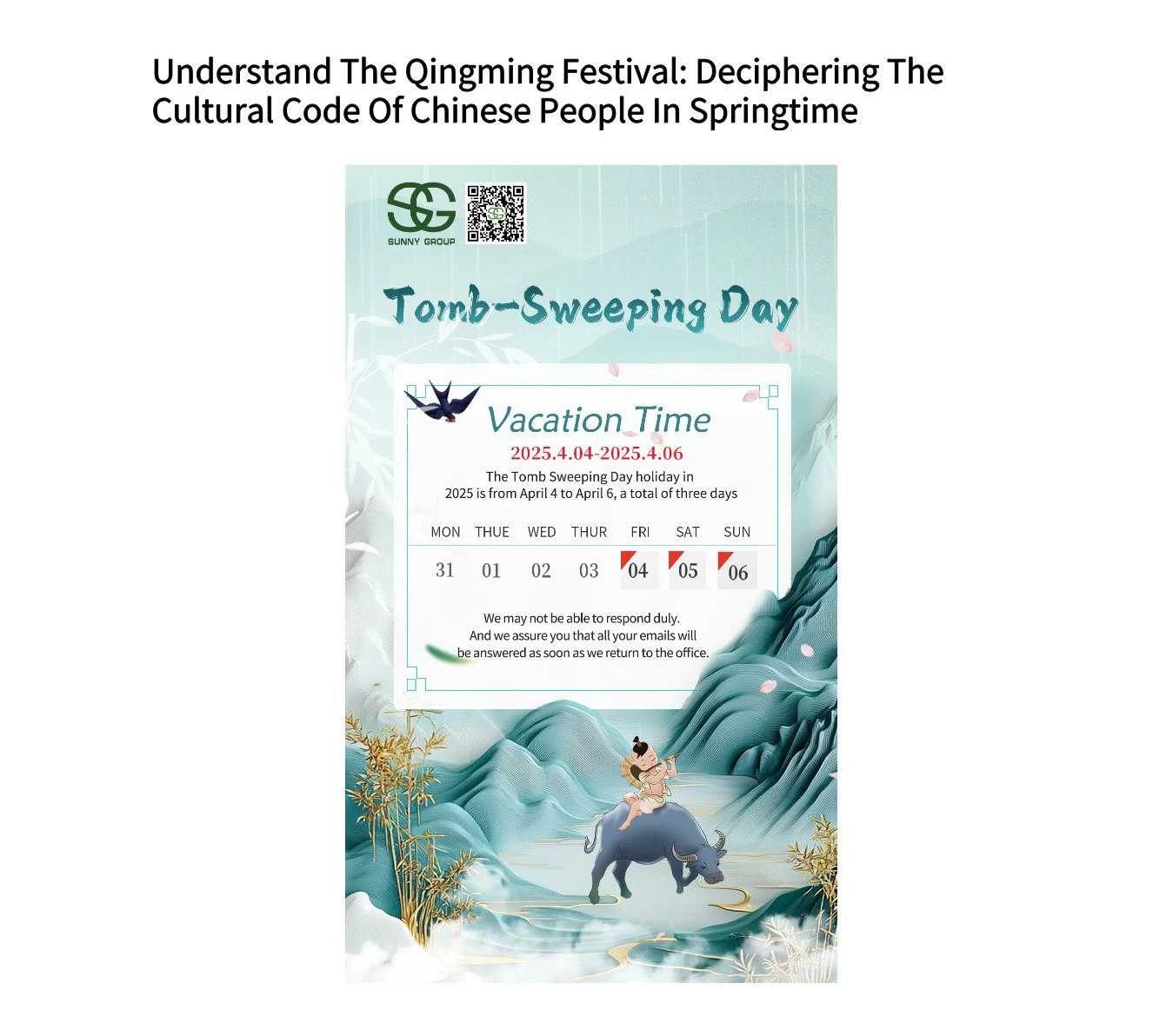
The Qingming Festival is one of China’s most significant traditional festivals. It serves not only as a time for honoring ancestors and preserving familial memories but also as a cultural link connecting the Chinese nation to its heritage. Additionally, it symbolizes a springtime ritual that encourages outdoor activities, fostering a deeper connection with nature and celebrating new life.
一. The Origin of the Qingming Festival
According to historical records, after Emperor Yu successfully controlled the floods, people began using the term "Qingming" to celebrate the restoration of peace and prosperity. During this period, spring flowers bloom, all things revive, and the skies are clear, making it an ideal time for spring outings. This tradition dates back to the Tang Dynasty and has since evolved into a deeply ingrained cultural practice. Beyond appreciating natural landscapes, such as mountains, lakes, and rivers, people engage in various recreational activities to enrich their lives.
二. The Evolution of the Qingming Festival
Over time, the Qingming Festival has incorporated two primary customs:
- **Family Sacrifices**: Conducted either at home or in ancestral temples, these rituals honor deceased family members.
- **Grave Sweeping**: Clearing weeds and debris from graves signifies the continuation of familial lineage. Historically, this practice included repairing tombstones, adding soil, and placing paper money as offerings.
三. Customs Associated with the Qingming Festival
Ancestral Worship and Tomb Sweeping
In Chinese history, eating cold food and abstaining from fire during the Qingming Festival were long-standing traditions. Since the Tang Dynasty, these practices have merged into a continuous custom of tomb sweeping and ancestor worship.
Spring Outings
As spring returns to the earth, families often venture into the countryside for leisurely excursions. Upon returning home, they may adorn themselves with freshly picked willow branches, symbolizing vitality and renewal. This activity has become a central component of Qingming celebrations.
Culinary Traditions
Regional delicacies reflect the diverse cultural heritage of the Qingming Festival. For instance, in southern China, Qingtuan wrapped in wormwood leaves carries a fragrant aroma, while in northern regions, SAN zi fried until golden crispness offers a savory treat. These seasonal foods embody both ancient customs and regional flavors. In Fujian Province, moistened cakes filled with ingredients like shredded carrots and oysters highlight coastal influences, whereas in Jinzhong, steamed "Zitui Yan" shaped like swallows represent symbolic offerings. Through these culinary traditions, people connect with the rhythms of nature and celebrate the changing seasons.
As twilight paints the sky red, those returning from tomb-sweeping bring back freshly picked shepherd's purse, ready to prepare aromatic dumplings. The Qingming Festival teaches us that true remembrance lies not in lingering sorrow but in allowing memories to flourish within the vitality of spring. The fluttering paper money transforms into black butterflies, eventually resting upon the altar of the soul, becoming a tender footnote in the collective memory of the Chinese nation.

